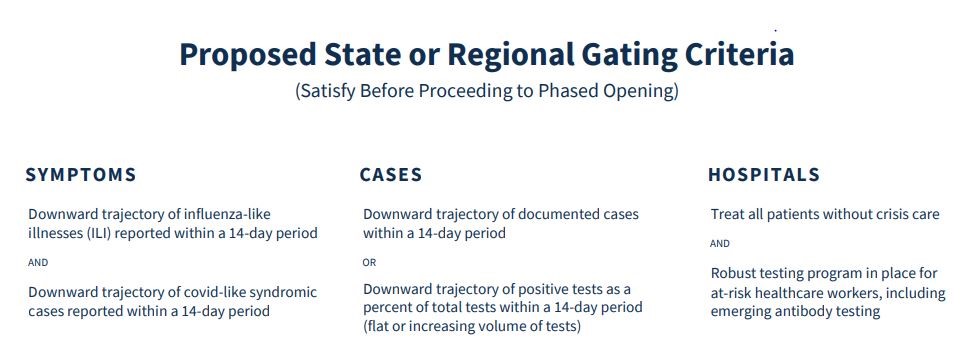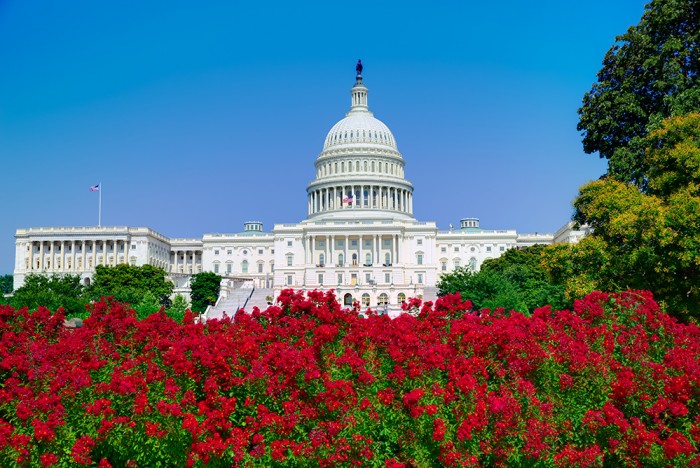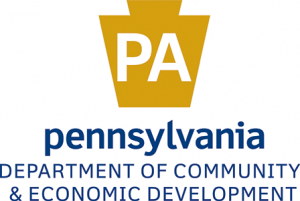President Trump Announces Guidelines for Opening Up American Economy
FOR IMMEDIATE RELEASE
April 16, 2020
U.S. PRESIDENT, DONALD TRUMP: Guidelines Opening Up America Again

PHASE 1:
INDIVIDUALS
- ALL VULNERABLE INDIVIDUALS* should continue to shelter in place. Members of households with vulnerable residents should be aware that by returning to work or other environments where distancing is not practical, they could carry the virus back home. Precautions should be taken to isolate from vulnerable residents.
- All individuals, WHEN IN PUBLIC (e.g., parks, outdoor recreation areas, shopping areas), should maximize physical distance from others. Social settings of more than 10 people, where appropriate distancing may not be practical, should be avoided unless precautionary measures are observed.
- Avoid SOCIALIZING in groups of more than 10 people in circumstances that do not readily allow for appropriate physical distancing (e.g., receptions, trade shows)
- MINIMIZE NON-ESSENTIAL TRAVEL and adhere to CDC guidelines regarding isolation following travel.
EMPLOYERS
- Continue to ENCOURAGE TELEWORK, whenever possible and feasible with business operations. If possible, RETURN TO WORK IN PHASES.
- Close COMMON AREAS where personnel are likely to congregate and interact, or enforce strict social distancing protocols.
- Minimize NON-ESSENTIAL TRAVEL and adhere to CDC guidelines regarding isolation following travel.
- Strongly consider SPECIAL ACCOMMODATIONS for personnel who are members of a VULNERABLE POPULATION.
SPECIFIC TYPES OF EMPLOYERS
- SCHOOLS AND ORGANIZED YOUTH ACTIVITIES (e.g., daycare, camp) that are currently closed should remain closed.
- VISITS TO SENIOR LIVING FACILITIES AND HOSPITALS should be prohibited. Those who do interact with residents and patients must adhere to strict protocols regarding hygiene.
- LARGE VENUES (e.g., sit-down dining, movie theaters, sporting venues, places of worship) can operate under strict physical distancing protocols.
- ELECTIVE SURGERIES can resume, as clinically appropriate, on an outpatient basis at facilities that adhere to CMS guidelines.
- GYMS can open if they adhere to strict physical distancing and sanitation protocols. BARS should remain closed.
PHASE 2: FOR STATES AND REGIONS WITH NO EVIDENCE OF A REBOUND AND THAT SATISFY THE GATING CRITERIA A SECOND TIME
INDIVIDUALS
- ALL VULNERABLE INDIVIDUALS should continue to shelter in place. Members of households with vulnerable residents should be aware that by returning to work or other environments where distancing is not practical, they could carry the virus back home. Precautions should be taken to isolate from vulnerable residents.
- All individuals, WHEN IN PUBLIC (e.g., parks, outdoor recreation areas, shopping areas), should maximize physical distance from others.
- Social settings of more than 50 people, where appropriate distancing may not be practical, should be avoided unless precautionary measures are observed.
- NON-ESSENTIAL TRAVEL can resume.
EMPLOYERS
- Continue to ENCOURAGE TELEWORK, whenever possible and feasible with business operations.
- Close COMMON AREAS where personnel are likely to congregate and interact, or enforce moderate social distancing protocols.
- NON-ESSENTIAL TRAVEL can resume.
- Strongly consider SPECIAL ACCOMMODATIONS for personnel who are members of a VULNERABLE POPULATION.
SPECIFIC TYPES OF EMPLOYERS
- SCHOOLS AND ORGANIZED YOUTH ACTIVITIES (e.g., daycare, camp) can reopen.
- VISITS TO SENIOR CARE FACILITIES AND HOSPITALS should be prohibited. Those who do interact with residents and patients must adhere to strict protocols regarding hygiene.
- LARGE VENUES (e.g., sit-down dining, movie theaters, sporting venues, places of worship) can operate under moderate physical distancing protocols.
- ELECTIVE SURGERIES can resume, as clinically appropriate, on an outpatient and in-patient basis at facilities that adhere to CMS guidelines.
- GYMS can remain open if they adhere to strict physical distancing and sanitation protocols.
- BARS may operate with diminished standing-room occupancy, where applicable and appropriate.
PHASE THREE: FOR STATES AND REGIONS WITH NO EVIDENCE OF A REBOUND AND THAT SATISFY THE GATING CRITERIA A THIRD TIME
INDIVIDUALS
- VULNERABLE INDIVIDUALS can resume public interactions, but should practice physical distancing, minimizing exposure to social settings where distancing may not be practical, unless precautionary measures are observed.
- LOW-RISK POPULATIONS should consider minimizing time spent in crowded environments.
EMPLOYERS
- Resume UNRESTRICTED STAFFING of worksites.
SPECIFIC TYPES OF EMPLOYERS
- VISITS TO SENIOR CARE FACILITIES AND HOSPITALS can resume. Those who interact with residents and patients must be diligent regarding hygiene.
- LARGE VENUES (e.g., sit-down dining, movie theaters, sporting venues, places of worship) can operate under limited physical distancing protocols.
GYMS can remain open if they adhere to standard sanitation protocols. - BARS may operate with increased standing room occupancy, where applicable.
# # #

















